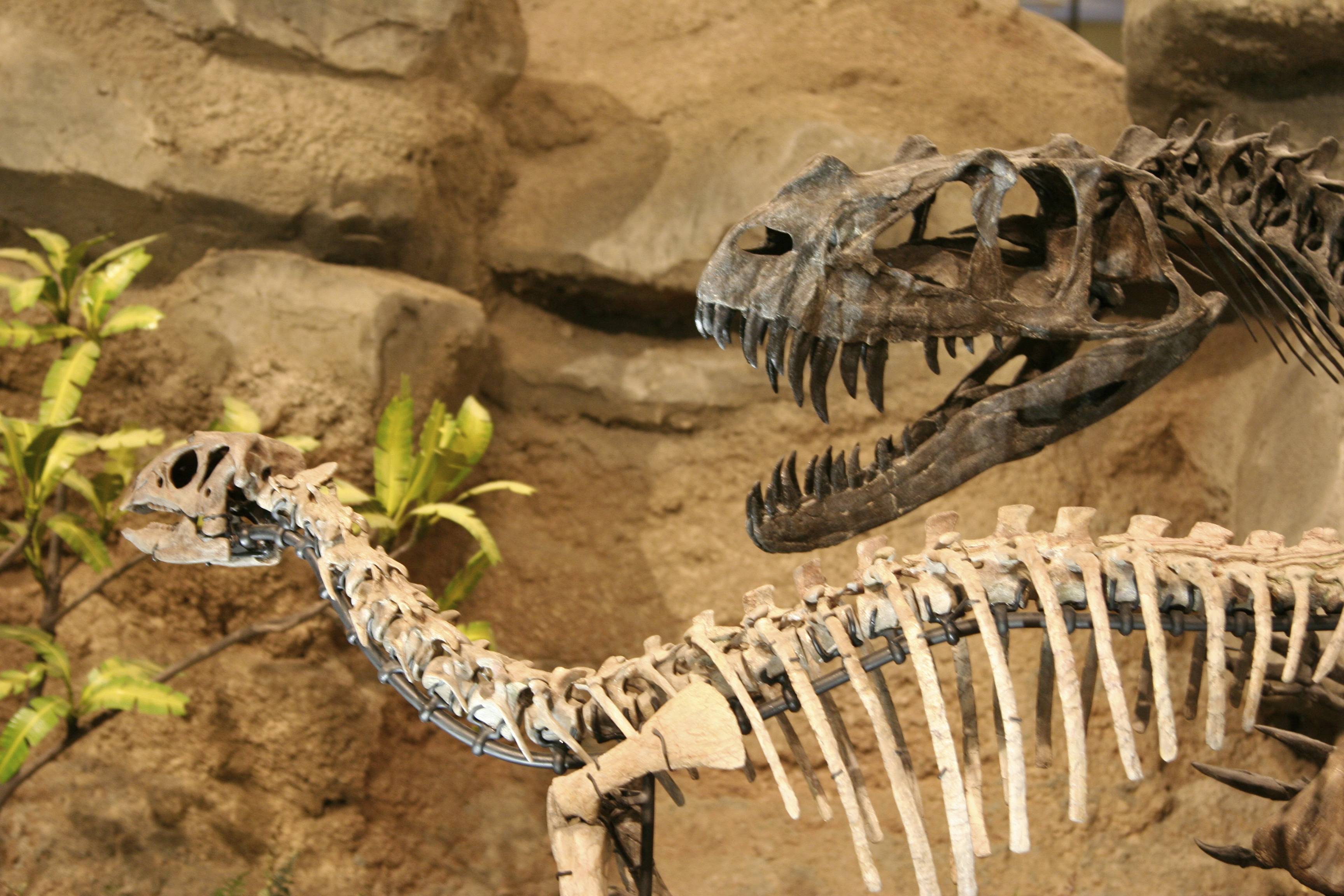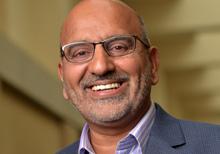
Despite the combative relationship that some Muslims had with modern science during the colonial period, science still embodies the hope for the “future recovery” of Muslim societies, argues historian of science Ahmad Dallal. In order to come to grips with the human person in the context of modern science, I have little doubt that Muslims ought to seek a satisfactory theological engagement— particularly with the philosophy of modern science. Absent such a substantive engagement with the historical tradition, as well as a philosophically informed Muslim theology, I can hardly see a way forward. Otherwise, one inevitably faces the bewildering prospect of Muslim conversations repeatedly re-inventing the wheel over science with no hint of even an emerging moral and intellectual consensus.
Currently, the Muslim conversation over complex evolutionary science is often reduced to positivist explanations derived from the duty-based ethics (fiqh) trove of Muslim teachings. Alternatively, one may confront forms of Qur’an proof-texting that would make classical exegetes turn in their grave and cause informed audiences to roll their eyes. The growing Muslim creationism industry can, without blushing, find convenient scriptural verses to reject or confirm virtually any aspect of a modern scientific cosmology.
In this context, I take theology to mean a plausible explanation of not only the facts of science, but also how Muslims come to terms with the larger presumptions that evolutionary biology and physics make about human origins. Clearly, the language of the Qur’an was embedded in the grammar of a seventh century cosmology. In a previous blog, I pointed out how Muslim scholars, such as the eighteenth century Shah Waliyullah of India and others, showed an awareness of the cultural mind of prophets and how they and their revelations were intimately connected to their environments and contexts.
When one reads the works of an author like Waliyullah, one gets a sense he is unearthing a theological anthropology to understand how the human was imagined in Muslim theology—a task far removed from apologetics or an attempt to turn the tradition into a blunt instrument. Therefore, Waliyullah could confidently explain why prophets used the vocabularies of their day and appropriated the cosmologies of their times in their revelatory pronouncements.
Damian Howard S.J.’s Being Human in Islam is an excellent study documenting Muslim attitudes towards evolutionary science. With an eye for the theological and philosophical, Howard shows how Muslims have had agonistic theological, political and philosophical encounters with the substance of evolutionary science. Howard helpfully summarizes the multiple Muslim perspectives on, and encounters with, the philosophy of evolutionary science into four positions: attempts to find a naïve compatibility between Islam and evolution—especially in the hands of the Egyptian religious reformer Muhammad Abduh; the radical rejection of evolution by traditionalists like Iranian-American academic Seyyed Hossein Nasr; the critical reconciliation proposed by advocates of the Islamization of knowledge, pioneered by the Palestinian-American scholar Ismail al-Faruqi; and the work of creative assimilationists who drew inspiration from the French philosopher Henri Bergson.
Bergsonian assimilation, as Howard calls it, found partners in the pre-partition Indian philosopher-poet Muhammad Iqbal, and the Moroccan philosopher Mohammed Aziz Lahbabi. Bergsonian assimilationists, such as Iqbal, introduced a Muslim metaphysical perspective into the conversation with Bergson’s ideas. What made Bergson attractive to Muslims was his success in integrating “science and spirit within a single worldview”, which actually accorded spirit the upper hand, and then “wrapping the whole within an evolutionary framework,” writes Howard.
In a previous blog Abdulaziz Sachedina identified usul al-fiqh—normally translated as legal theory, but best described as a moral-theology—as one of his sources of tradition. Historically, this discipline exhibited a complex interweaving of Greek philosophy in the writing of the earliest proponents of this genre. There were, of course, also others who despised the philosophical elements that emerged in the discipline. In my view, the critical appropriation of Muslim moral theology, if leavened with a robust contemporary philosophical anthropology, could serve as a starting point for a conversation, which seeks to develop resources to inform a Muslim social imaginary in an age of evolutionary science.
This is, of course, a risky business, since for some Muslims at least evolution is antithetical to the very concept of a Muslim imaginary. Why? Well, in an evolutionary schema the advent of human life is conceived as random, and a millennium of Muslim theology tried to find order, purpose, and hierarchy in nature and human life. Therefore, a much more detailed conversation and in-depth study is required in order to rebut the claims of those who advocate Islamic creationism.
But as every Muslim high school and college student nowadays knows, evolutionary biology is fairly persuasive while mosque sermons that portray God as a puppeteer can cause intellectual anxiety among their informed audiences. I am in agreement with those who argue that intelligible “God-talk” can hardly be convincing if it converses with a cosmology lacking intellectual legs, or, for that matter, if “moral-talk” ignores the facticity and complexity of the empirical realities of life rendering our inherited moral traditions quaint at best.
The cosmology of modern science, therefore, ought to be taken seriously. Ilia Delio reminds us of this, citing the Spanish-Indian Catholic theologian Raimon Pannikar who said that when we divorce theology from cosmology then we no longer have a living God, but an idea of God. In other words, we fail to experience God. Hence, minimal coherence between faith claims and the lived experiences of humans ought to be intelligible. Yet, the way Muslims experience God might be different in the ways Catholics, or some Catholics experience God. Dialogue between these traditions will, therefore, make a major contribution to this conversation—a conversation which I look forward to engaging with further.

